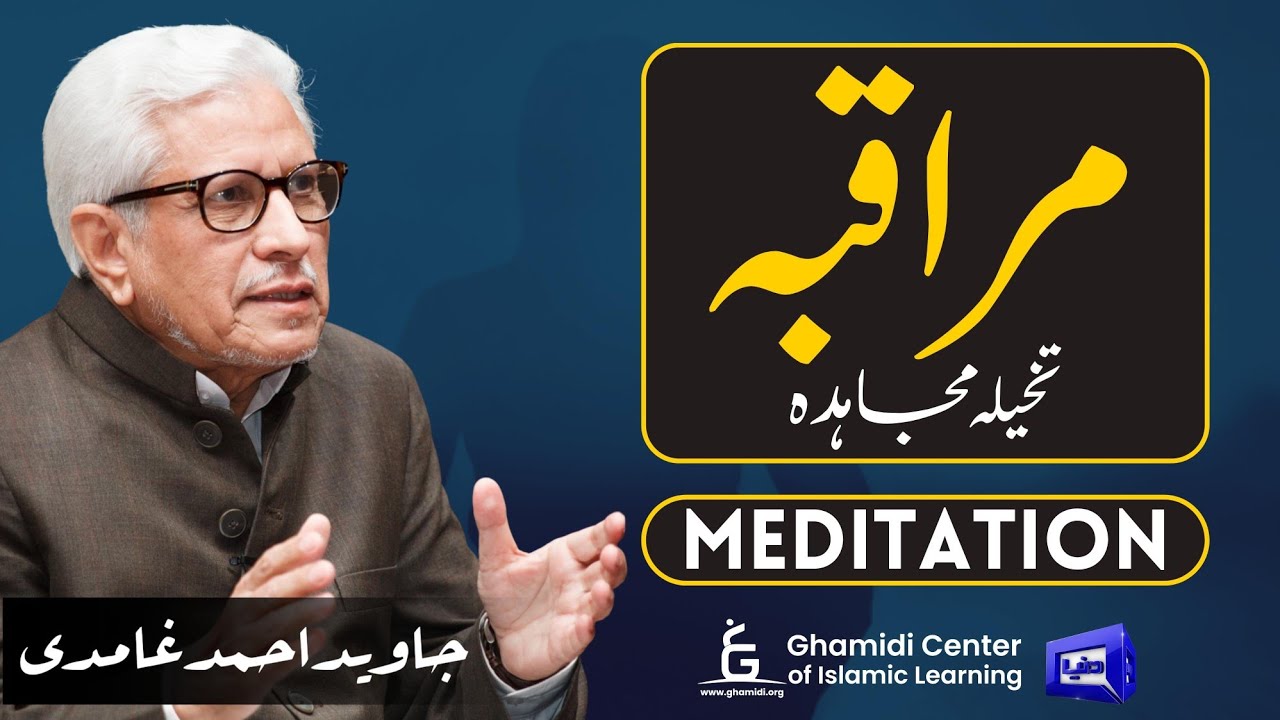Daily Sadhana For Spiritual Growth - Tips From Advanced Practitioner
Summary
TLDRIn this insightful discussion, the speaker explores the transformative power of meditation and mantra as essential tools for spiritual growth and inner peace. They advocate for practical spirituality, suggesting that daily worship of key deities and the integration of mantras into everyday life can nurture one's spiritual journey. The speaker emphasizes the importance of personalizing practices to fit individual lifestyles, urging listeners to start small and focus on internal development. Ultimately, they assert that true enlightenment is found within, as the greatest temple resides in the heart.
Takeaways
- 😀 Meditation is essential for personal happiness and can lead to profound experiences beyond words.
- 😀 Tools like the rudraksha can enhance meditation and help maintain focus in practice.
- 😀 Patanjali's Yoga Sutras emphasize that yoga is about calming the mind and achieving a meditative state.
- 😀 Mantras are powerful and should be integrated into daily life, not just during dedicated meditation sessions.
- 😀 Practicality in spiritual practices is crucial; they should be sustainable throughout one's life.
- 😀 Tantra involves managing one's emotions and thoughts, helping to control what is expressed verbally.
- 😀 Worshipping the Panchan deities (Shiva, Vishnu, Devi, Surya, Ganesh) is recommended as a foundational practice.
- 😀 One's inner voice is key to mantra meditation, and it should be present in everyday activities.
- 😀 Spiritual growth can be achieved at any age, but it's essential to start practicing while young.
- 😀 The greatest spiritual journey is the one that takes place within, as true divinity resides in the heart.
Q & A
What role does meditation play in achieving happiness according to the speaker?
-Meditation helps the speaker explore deeper states of awareness and experience that words cannot describe, suggesting it is essential for personal happiness.
How does the speaker differentiate between open-eye and closed-eye meditation?
-The choice depends on one's level of attachment to the physical environment; if closing the eyes causes anxiety, open-eye meditation may be more suitable.
What is the significance of Patanjali in the context of yoga and meditation?
-Patanjali is recognized as a Rishi who authored The Yoga Sutra, emphasizing that yoga involves controlling the mind to achieve a meditative state.
What tools does the speaker recommend for meditation?
-The speaker recommends using tools such as the rudra, which is endorsed by ancient scriptures, to help attain and maintain a meditative state.
What is the definition of 'mantra' according to the speaker?
-Mantra is described as one's inner voice or sound that aids in maintaining a connection to meditation and spiritual practices throughout the day.
Why does the speaker criticize the idea of only doing a fixed number of mantras daily?
-The speaker believes that simply counting mantras without internalizing their meaning or integrating them into daily life does not constitute true mantra practice.
What are the 'panchan' deities, and why are they important?
-The panchan are five deities—Shiva, Vishnu, Devi, Surya, and Ganesh—recommended for worship to enhance spiritual practice and connection.
How does the speaker approach spiritual practices in a practical manner?
-The speaker focuses on integrating spiritual practices like chanting mantras into everyday life, making them sustainable and accessible, rather than adhering to rigid schedules.
What is the speaker's perspective on spiritual awakening?
-The speaker suggests that true spiritual awakening can happen at any age but emphasizes the importance of beginning practices early in life to avoid losing connection to spirituality.
What does the speaker mean by saying the greatest temple is built within one's heart?
-The speaker believes that personal spirituality and connection to the divine are cultivated internally, rather than solely through external rituals or pilgrimages.
Outlines

Cette section est réservée aux utilisateurs payants. Améliorez votre compte pour accéder à cette section.
Améliorer maintenantMindmap

Cette section est réservée aux utilisateurs payants. Améliorez votre compte pour accéder à cette section.
Améliorer maintenantKeywords

Cette section est réservée aux utilisateurs payants. Améliorez votre compte pour accéder à cette section.
Améliorer maintenantHighlights

Cette section est réservée aux utilisateurs payants. Améliorez votre compte pour accéder à cette section.
Améliorer maintenantTranscripts

Cette section est réservée aux utilisateurs payants. Améliorez votre compte pour accéder à cette section.
Améliorer maintenantVoir Plus de Vidéos Connexes

Dalai Lama speaks on Dealing with Enemies,Adversities & Gaining Self-Confidence

THE MOST POWERFUL PHRASE that Exists | It Will Change your LIFE Forever | Zen Story

女優 鶴田真由さん 高野山にて 阿字観体験

A 78 Year Old Self-Made Millionaire Shares His Best Life Lessons

Meditation | مراقبہ،تخلیہ،مجاہدہ | Javed Ahmed Ghamidi| M.Hassan ilyas | Ilmo Hikmat | علم و حکمت

"பரமஹம்ச யோகானந்தர் தியான முறை - 21 நாளில் மன அமைதி பெறுங்கள்!"
5.0 / 5 (0 votes)
